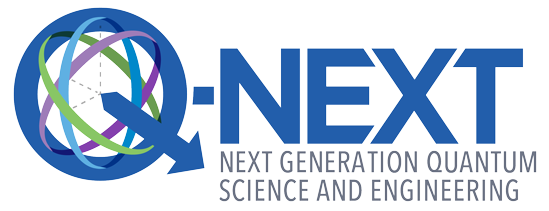News and Features
-

Laura Gagliardi elected to Italian National Academy of Sciences
The academy is one the world’s oldest and most prestigious scientific academies, counting Louis Pasteur, Albert Einstein and Enrico Fermi among its members. Read More
-
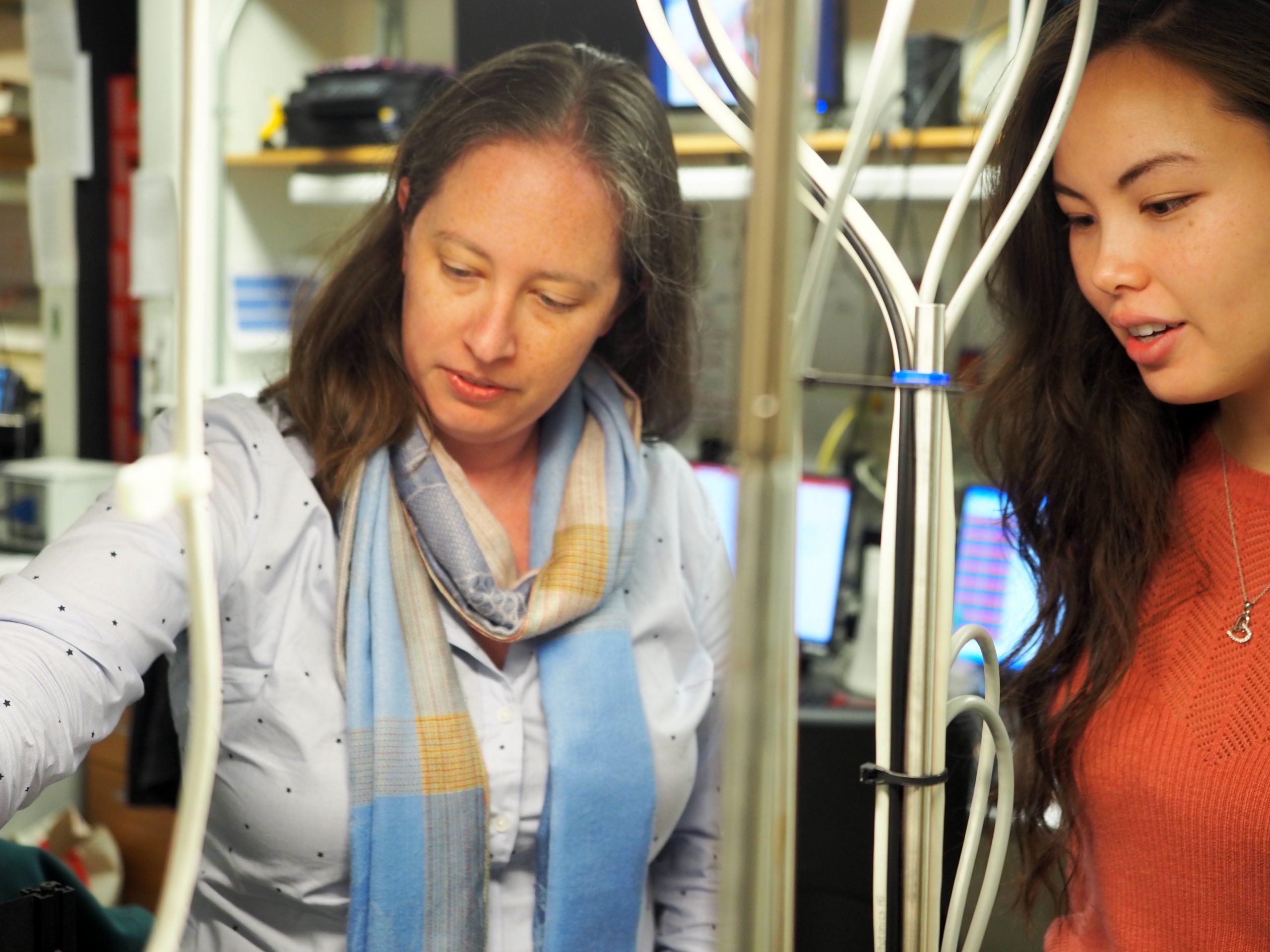
Elizabeth Goldschmidt: creating quantum memories
Goldschmidt’s lab is a playground for controlling particles of light to build new ways to store quantum information. A professor at the University of Illinois Urbana-Champaign, she’s helping develop the quantum communication technologies of the future. Read More
-
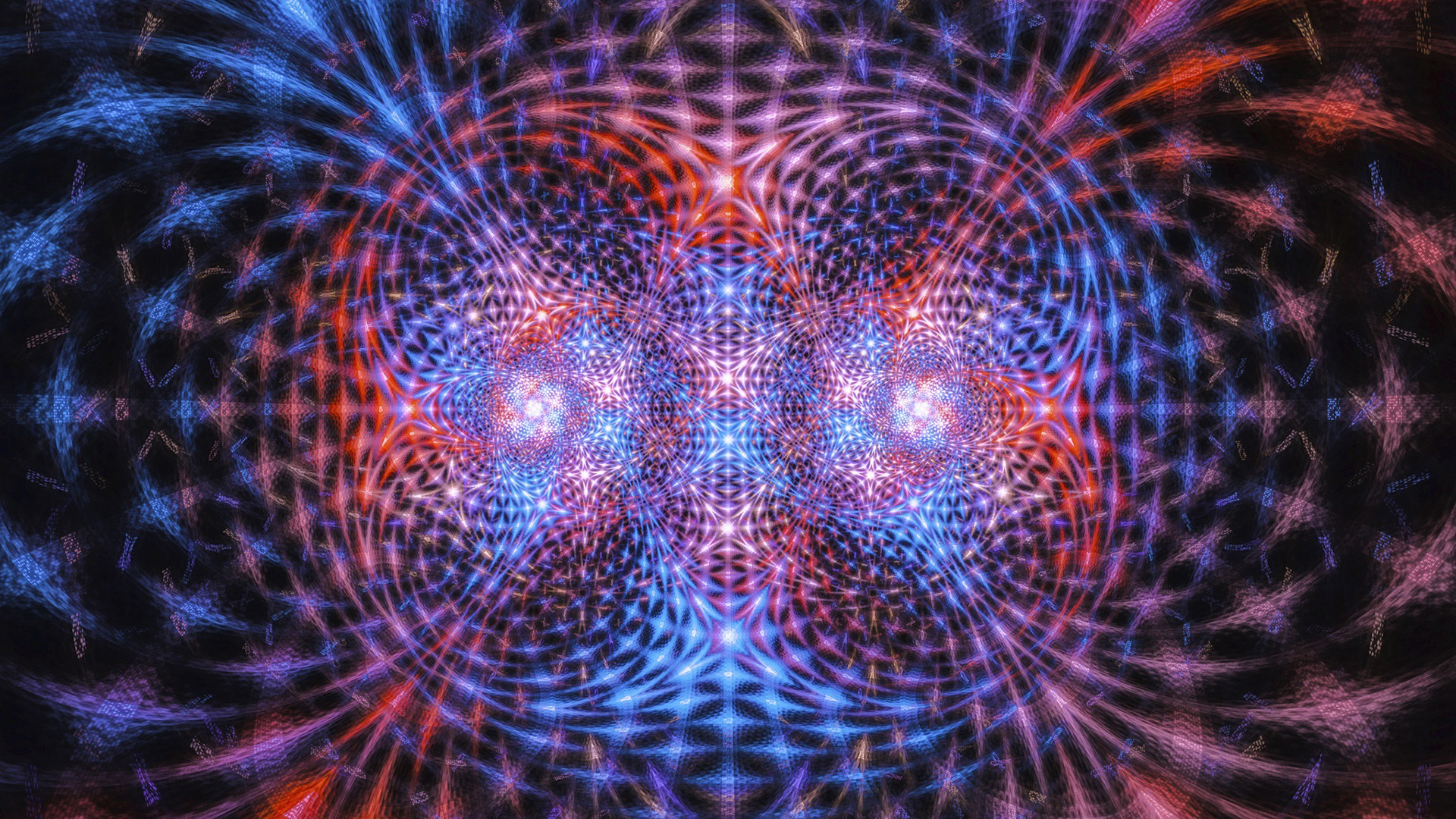
Argonne quantum research may reshape how we sense and relay data
The smallest bits of matter and energy are the building blocks of a radically new paradigm for sensing and relaying information. Read More
-

Quantum scientist Martin Suchara named to Crain Chicago Business’s ‘40 Under 40’
A rising Q-NEXT scientist is honored. Read More
-

Q-NEXT scientists receive honors from the American Physical Society
Q-NEXT collaborators Giulia Galli, Tony Heinz and Liang Jiang are recognized for their outstanding contributions to physics research. Read More
-

Four Q-NEXT scientists elected American Physical Society fellows
The scientists are recognized for their contributions to quantum information science. Read More
-
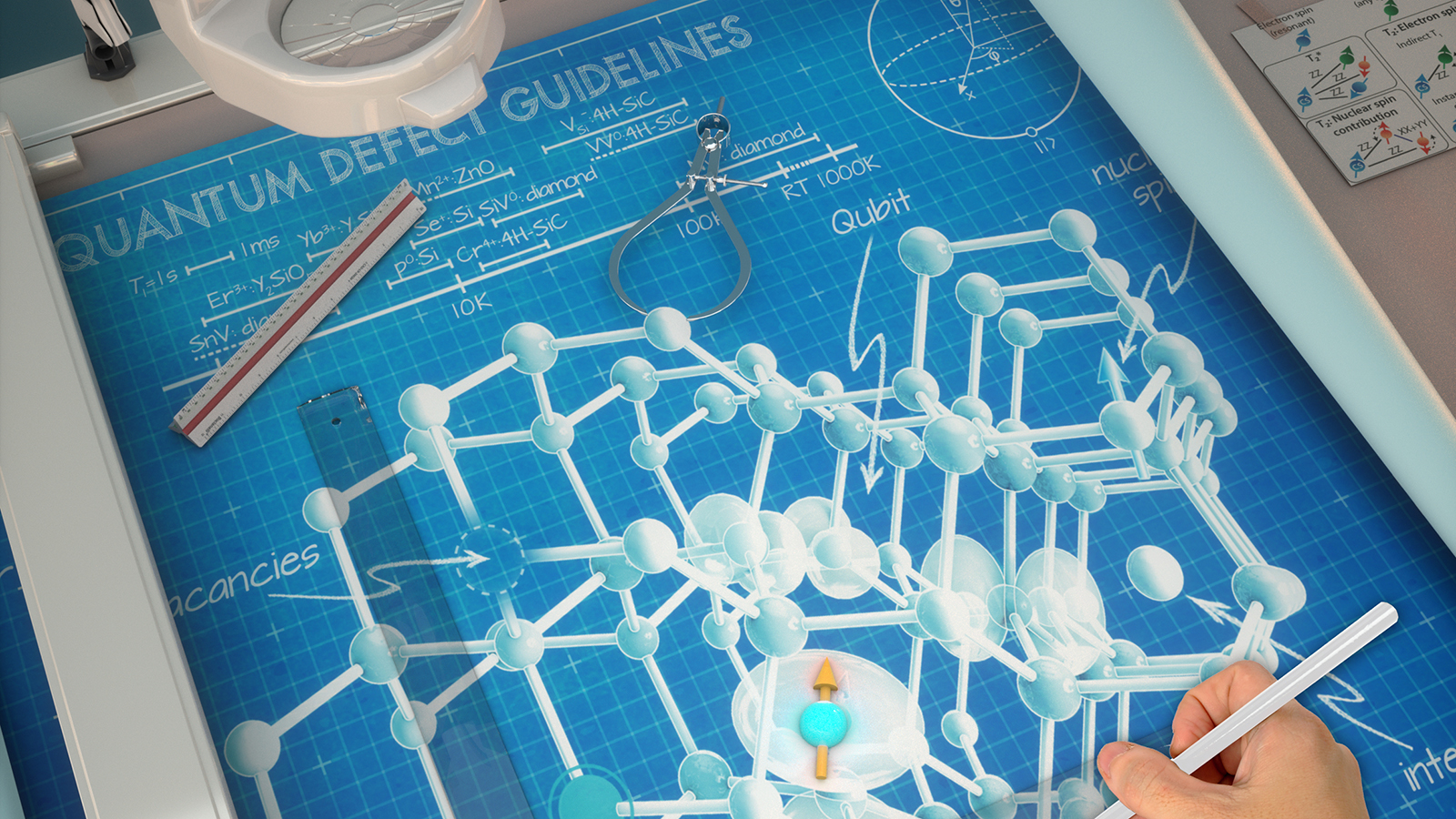
Argonne- and UChicago-led research team highlighted in special issue on quantum systems
A set of guidelines that describes the use and development of a promising class of quantum materials is featured on the cover of this month’s Nature Review Materials. Read More
-

One year in, Q-NEXT quantum research center is going strong
It’s been a fruitful inaugural year for the Q-NEXT quantum research center, with the start of foundry construction, the launch of a key R&D roadmap, and new science results that will lead to next-generation quantum technologies for science and society. Read More
-
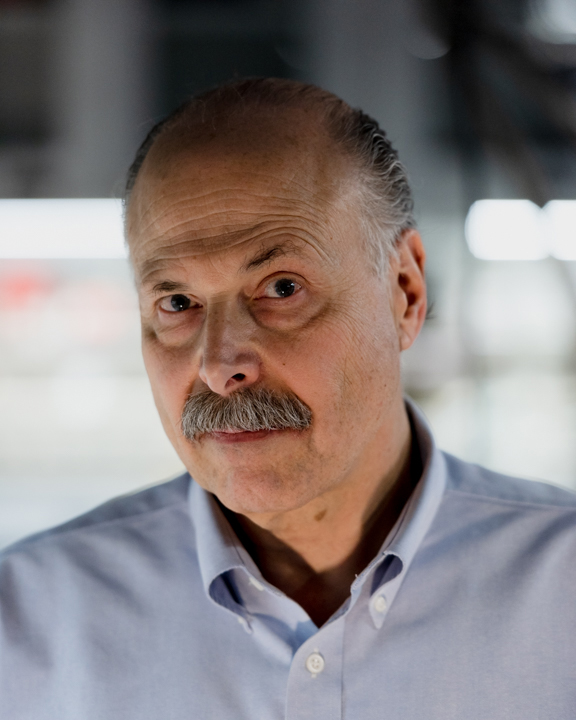
The Ohio State University awards Honorary Doctor of Science to Q-NEXT Director David Awschalom
The honorary degree is given to individuals for extraordinary distinction in their area of study. Read More
-

Katie Sautter: building materials for a quantum future
In graduate school, Argonne postdoctoral researcher Katie Sautter learned to master a machine that builds bits of matter one atomic layer at a time. Now she wields her considerable skills inventing materials for quantum communication devices at Q-NEXT. Read More
In the News
See all In the News-
The best qubits for quantum computing might just be atoms
From Quanta: Mark Saffman of the University of Wisconsin–Madison and Infleqtion is featured in this comprehensive overview of neutral-atom qubit research. Read More
-
How quantum computing could help us understand the universe
From PBS NewsHour: David Awschalom appears in this piece on the next generation of computing, one that will be far more sophisticated and dependent on understanding the subatomic nature of the universe. Read More
-
PME-led research into protein-based qubits earns $2.75M Moore Foundation grant
Bolstered by a new $2.75 million grant from the Gordon & Betty Moore Foundation, a team led by University of Chicago's Peter Maurer will soon study qubits made from protein. Read More
-
Infleqtion unveils 5-year quantum computing roadmap, advancing plans to commercialize quantum at scale
From Quantum Insider: Infleqtion shares a broad business update, including the first look at its new 5-year quantum computing roadmap. The roadmap's centerpiece is Sqorpius, the next phase of Infleqtion’s quantum computing program. Read More
-
Bringing quantum entanglement to the people
From the National Science Foundation: NSF’S Quantum Leap Challenge Institute Hybrid Quantum Architectures and Networks at the University of Illinois Urbana-Champaign, a Q-NEXT partner, has created a working demonstration that brings entanglement between photons to a public setting for the first time. Read More
